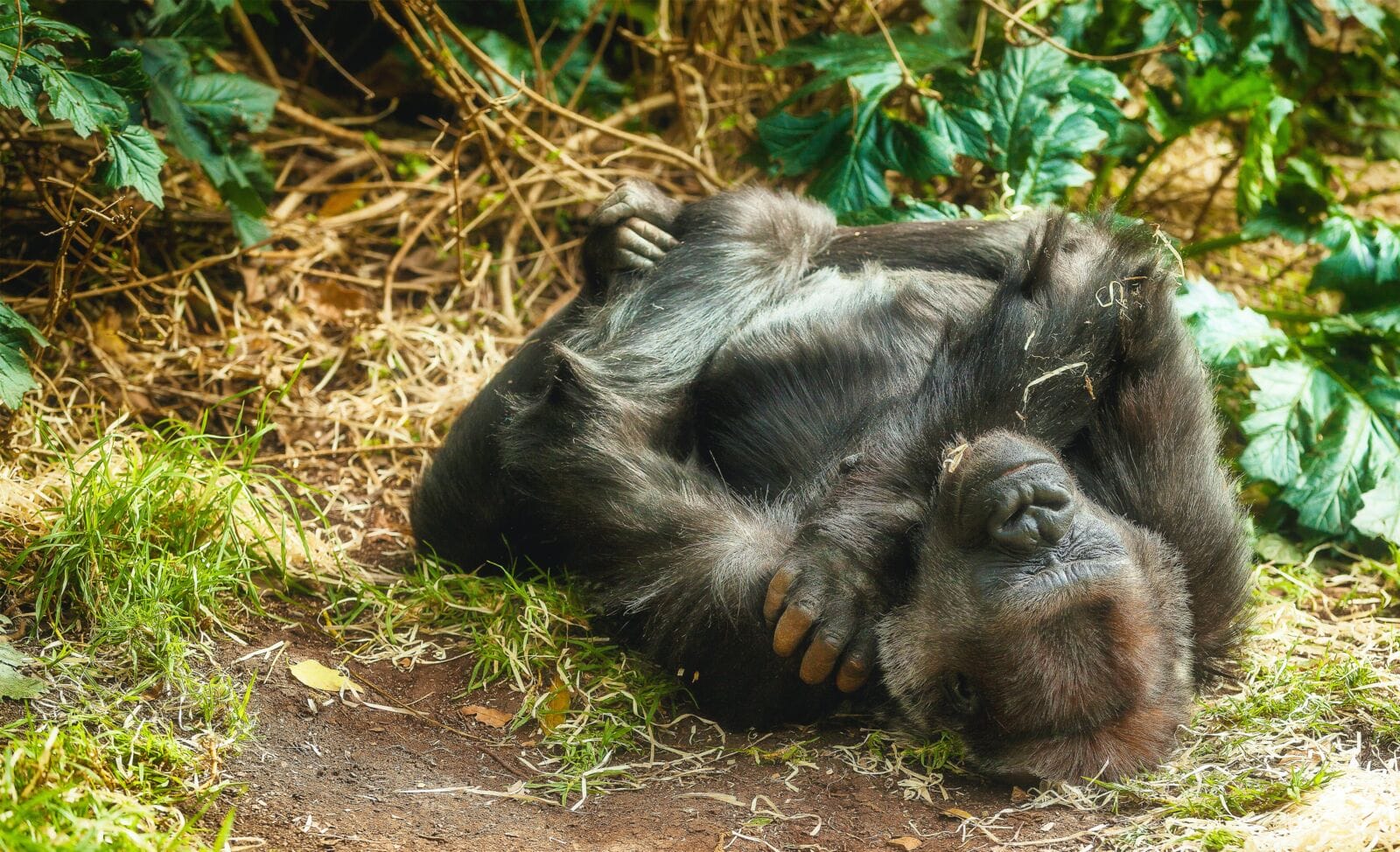The Uganda Wildlife Authority (UWA) has announced an increment trekking permits for both mountain gorillas and chimpanzees.
According to a press release from the Uganda Wildlife Authority, the price for encountering gorillas has been increased by US$100. The gorilla permit price has been increased from US$700 to US$800.
The announced fees are effective from July 1st 2024 and all bookings for trips to visit the mountain gorillas in Bwindi Impenetrable Forest and Mgahinga National Park from July 1st 2024 are to be affected.
In a bid to promote tourism, Uganda has slashed the price of the gorilla permit for African Passport holders to US$500 while Foreign Residents of Africa can secure the gorilla permit at US$700.
In the past, the gorilla permit had been priced at the same rate for African Nationals (excluding East Africa) as International Visitors.
For the gorilla habituation experience, the permit fees have been maintained at US$1500 for International Visitors, US$1000 for East African Foreign Residents and US$200 for East African Nationals. The unique experience offers visitors up to four hours of watching the mountain gorillas vis-à-vis the one-hour duration that is given to travelers who go gorilla trekking.
Similarly, chimpanzee trekking permits have been increased by US$50. Chimpanzee permits for Kibale National Park have been increased from US$200 to US$250 while permits for Kalinzu Forest and Kyambura Gorge have been increased from US$50 to US$100.
While these adjustments aim to bolster conservation efforts and support local communities, the decision has sparked concerns within Uganda’s tourism industry. For international visitors and tour operators, the sudden increase in permit costs introduces a few complexities due to the abrupt announcement that is effective for all bookings of gorilla and chimpanzee permits for July.
Bashir Hangi, spokesperson for the UWA, defended the price adjustments, citing ongoing communication with tour operators regarding the changes. However, concerns persist among operators who fear repercussions from clients who may have booked permits at the previous rates.
According to Mr. Sam Mwandha, the executive director of UWA, in a January 17, 2024 letter notified tour operators and travelers that the increase in gorillas and chimpanzee permits. The increment has come in place after a review of the conservation tariff by the wildlife body, conservationists, tour planners and other stakeholders.
Why Increase the Gorilla Permit Fees?
There are as few as 1060 mountain gorillas left in the whole world. These great apes are endemic to Africa and are found in only three countries in the world; Uganda, Rwanda and the Democratic Republic of Congo.
Gorilla trekking is possible in few destinations and most of the travelers go gorilla tracking in the Volcanoes National Park of Rwanda and Bwindi Impenetrable National Park of Uganda.
The revenue generated from gorilla tourism is badly needed to enhance the conservation of the mountain gorillas for not only the present but also future generations. The gorillas are exhilarating animals and are classified as critically endangered species. Therefore, emphasizing the essence of strengthening conservation works in Uganda is to ensure their long-term survival.
The increment in the gorilla permit rate is to ensure that the pricing structure remains viable and in line with the current market dynamics as inflation around the world continues to surge. Different countries have increased rates of various tourism activities a classic example is that of Rwanda which increased its gorilla permits from US$750 to US$1500 in 2017.
Also, the surge in the rates of gorilla permits was much needed due to the growing cost of protecting and managing the natural habitats of the gorillas (Bwindi Impenetrable National Park and Mgahinga National Park). For sustainability of these gorilla destinations, the permit rates had to be raised since gorilla tracking is the cash cow of these destinations.
The revised fees of the gorilla permit will tender important finances for the park works, community projects, health, welfare and monitoring of the habituated gorillas and law enforcement operations
In conclusion, Bwindi impenetrable national park and Mgahinga National Park in Uganda harbor nearly half of the existing population of mountain gorillas in the world. The Uganda Wildlife Authority, a body responsible for managing and protection the gorilla parks has done a tremendous job to grow the population of gorillas in Uganda from just a mere about 300 in early 2000s to about 470 individuals. Through increasing the gorilla permit rates, more revenue will be generated to gear up conservation works hence the sustainability of the gorillas and the national parks at large.




